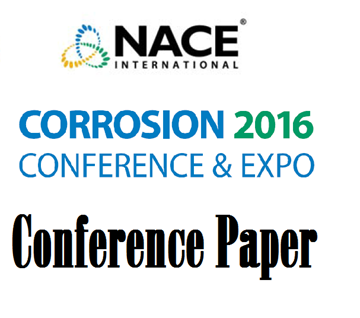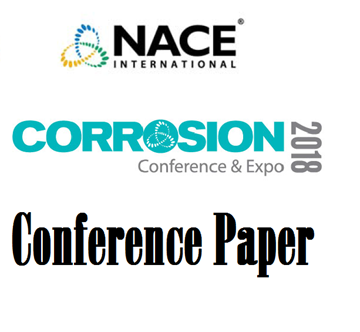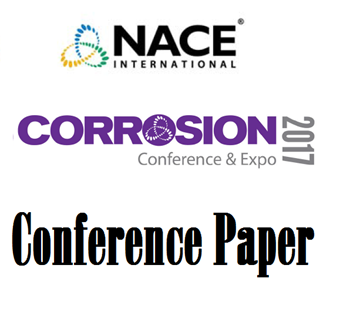Search
Products tagged with 'microbial'
View as
Sort by
Display
per page
51316-7109-Marine Crevice Corrosion Of Stainless Steel Alloys Under Biofilmed And Sterile Conditions
Product Number:
51316-7109-SG
ISBN:
7109 2016 CP
Publication Date:
2016
$20.00
51318-11098- Microbial Assisted Cracking of Admiralty Brass Tubes from Lube Oil Cooler
Product Number:
51318-11098-SG
Publication Date:
2018
$20.00
Rapid Microbial Detection, Quantification and Control
Product Number:
51320-14600-SG
Publication Date:
2020
$20.00
Remediation of Microbially Contaminated Horizontal Wells with Acrolein
Product Number:
51320-14992-SG
Publication Date:
2020
$20.00
Use of a Methodological Panel for Microbial Diagnostics Biocide Selection and Application in an Oil Shale Field
Product Number:
51317--9019-SG
ISBN:
9019 2017 CP
Publication Date:
2017
$20.00





